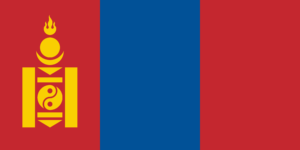A draft of the 2017 budget for Mongolia is approved including a budget framework and an overview of policy through 2019. The budget projects a 9.1% deficit for 2017.
The budget expects economic growth of 3% in 2017. In the interests of maintaining a stable tax environment for companies, taxes are not expected to increase. The government aims to improve infrastructure in the mining sector, move forward in large mining projects and generate budget revenue by increasing construction and investment.
The government’s operating expenses are set to be cut by 1% over 2017. At the same time, money has been set aside for loans and scholarships for top students, as well as funding for private and public colleges.
There are also steps included to minimize the deficit, for example, operating expenses for state organizations will be cut. Each organization will receive a cut of 10% to 100%, depending on the organizations function. Expenditures for a number of state funded programs and events will be reduced by 410 billion MNT.
Mongolian parliament has approved the reduction of the number of domestic bonds issued and will promote economic growth by taking steps to ensure proper spending of funds received from foreign loans.
These measures, to limit the deficit, to promote large mining and infrastructure projects, and investing in Mongolia’s schools and students, are all positive steps for the country at a time when the overall economy has slowed due to global economic forces. If the increase in mining and infrastructure projects proceeds as expected, Mongolia could return to double digit growth in the coming years.

